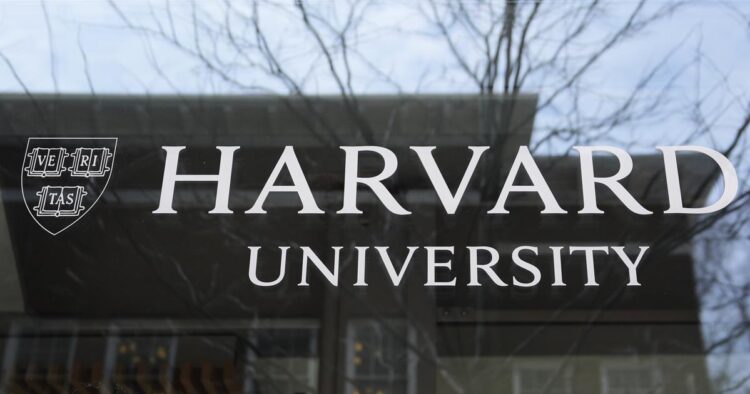A major battle is unfolding between U.S. President Donald Trump and one of the world’s most famous universities – Harvard. The disagreement is not just about policies, but about power, freedom, and the future of education in America. Trump has threatened to take away Harvard’s tax-exempt status and freeze billions in funding if the university refuses to accept strict rules set by his administration.
President Trump has accused Harvard of failing to deal with anti-Semitism on its campus and not allowing enough “viewpoint diversity” – meaning, in his view, the university does not support enough conservative voices. As a result, Trump froze $2.2 billion in federal research funding that helps run many programs and labs at Harvard.
He also threatened to end Harvard’s tax-exempt status, which allows the university to avoid paying certain taxes. Trump said on his Truth Social platform that Harvard should be taxed “as a political entity” if it refuses to follow his administration’s orders. He claims that tax exemption is only allowed if the institution is acting “in the public interest.”
Harvard, known as the oldest and richest university in the U.S., has refused to accept these conditions. President Alan Garber strongly defended the university’s independence and said that Harvard would not “negotiate over its constitutional rights.” He described the Trump administration’s demands as an illegal overreach of power that violates free speech and academic freedom.
Harvard argues that allowing government control over who they admit as students or hire as professors would destroy the university’s values and traditions. It would also make other universities afraid to speak freely or run their campuses independently.
The fight has already created problems for students and researchers at Harvard. Without federal funding:
- Important medical and scientific research projects have stopped.
- Professors and researchers may lose their jobs.
- Students who depend on federal scholarships or work on research teams are facing uncertainty.
- International students may find it harder to stay in the U.S. if their projects are canceled or if cooperation with immigration authorities increases.
- Even though Harvard has a $53 billion endowment (a huge investment fund), most of that money is locked for specific uses. So, the university is trying to borrow $750 million from banks as a backup plan.
Many people have taken sides in this conflict. The Harvard student newspaper, The Crimson, also praised Garber’s decision but warned that Harvard cannot fight this battle alone.
On the other hand, Trump supporters see universities like Harvard as “elite institutions” that are biased against conservatives. Stephen Miller, one of Trump’s top advisors, said these schools promote hate and must be forced to change.
Businessman Elon Musk added his voice to the criticism. He supported Trump’s post calling for Harvard to lose its tax benefits, and agreed with a post that said private universities should not get tax breaks if they accept government money and still oppose the government.
Reports say that back in early April, Harvard received even more demands from the Trump administration. These included:
- Shutting down diversity and inclusion offices.
- Cooperating with immigration authorities to screen international students.
- Allowing external audits to check the political views represented on campus.
- The White House is also pressuring other universities and even law firms to support Trump’s political priorities, such as backing specific legal efforts or cutting back diversity programs.
This conflict may soon end up in court. Legal experts are asking: Can the federal government demand political or ideological changes in exchange for funding? Harvard and its supporters believe this would be unconstitutional.
If the courts allow Trump’s actions, it could set a dangerous example, where any president could control what universities teach, who they admit, and how they think, by threatening their funding.
This is more than a fight between one university and one president. It is about whether education in America can stay independent from political pressure.
As the standoff continues, the situation has sparked a nationwide debate over the balance between academic freedom and government oversight. With legal experts anticipating that the matter may end up in court, the final outcome could set a significant precedent for the relationship between federal authority and private institutions in the years to come.

















Comments